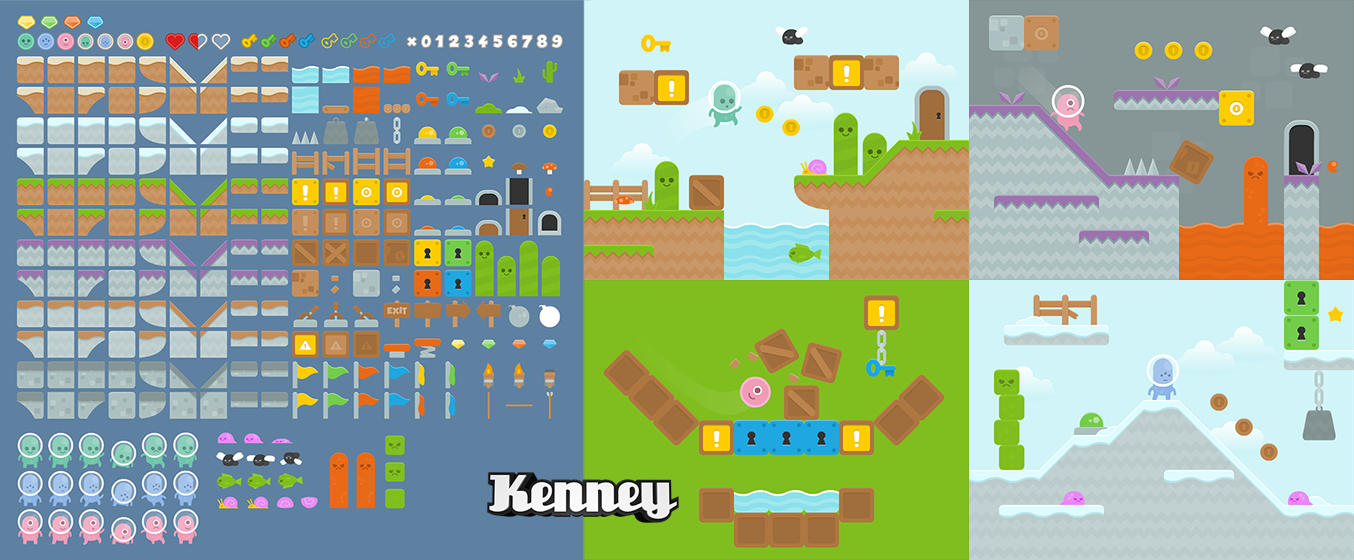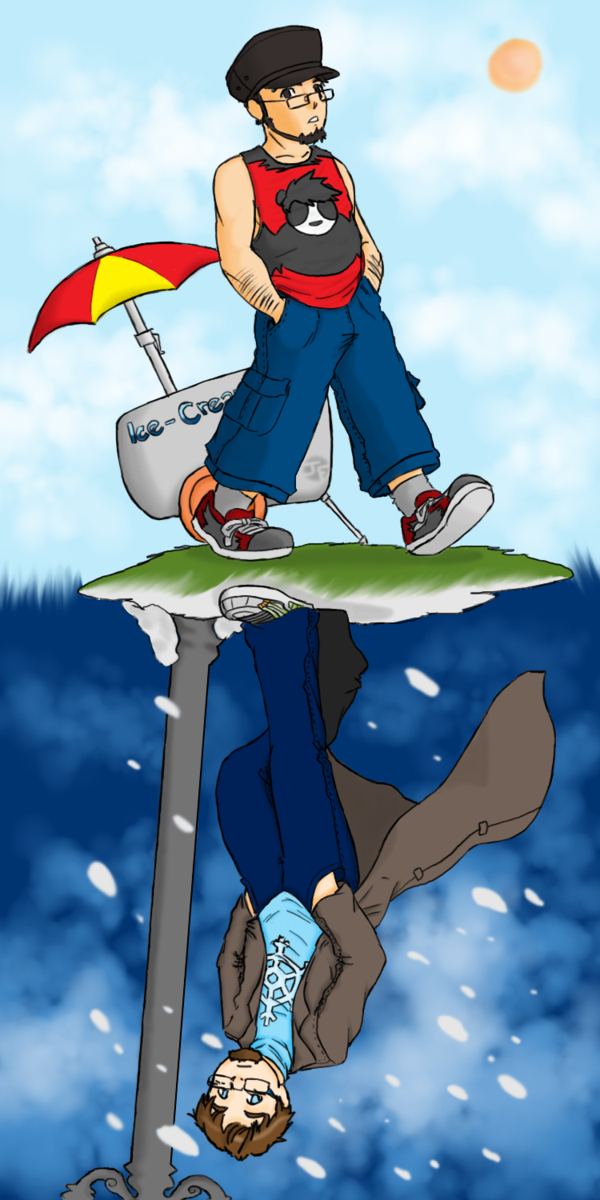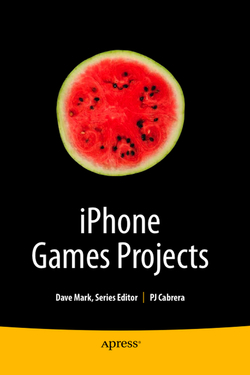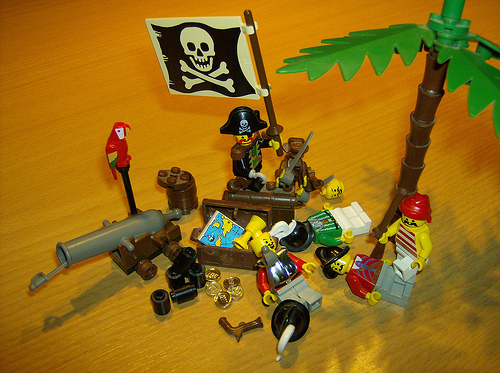Some months ago, I received a message from someone on LinkedIn, asking why I had not updated this blog in the last few years. And frankly, I didn’t have a good reason. Posting new content just didn’t continue being a priority. In truth, I posted more stuff on my Facebook wall after July of 2009 than I had posted on this blog in its entire lifetime.
A quick recap on the last 2.9 years
- After speaking at OSCON 2009, I moved to Silicon Valley for a job at mobile gaming startup OpenFeint
- I worked on another iPhone games development book, Beginning iPhone Games Development
- I freelanced as an iPhone/Rails developer for a few Silicon Valley companies
- For the last year, I have been working as an iOS developer for a high tech orchard in Cupertino 😉
- I fell in love and got engaged
The move to Silicon Valley has been great for me in terms of employment and quality of life. I’m working in a great, growing field, and loving it. I love all the diversity in the SF Bay area. And I love northern CA weather.
During this time I have kept increasingly busy with work. When I was a freelancer, my spare time between projects was spent trying to get new customers. As any freelancer will tell you, acquiring new projects and customers is as much a full-time effort as working on the projects you get.
Now that I’m working full-time with an established company, I don’t have to worry about where my next gig is going to come from. So this focuses my work efforts between 9 am to 6 pm most weeks. This leaves me a bit of leisure time in between work and spending time with my fiancée and friends.
Which brings me to the main topic of this blog entry: what I will be doing different in what’s left of 2012 and the years ahead.
Games
I’ve always wanted to work in video games, ever since I was a teenager learning programming on a family computer in the mid-80s. So starting with this blog entry, I will put more focus into releasing my first mobile game.
People much busier than I have gotten games and apps published. I’m single, have no kids, my job is not all consuming. I have no excuse. I simply let distractions occupy my time. Things like TV, leisure reading, social networking.
I actually have wanted to make a mobile game for over three years. I have several ideas always in the back burner. I haven’t accomplished it because I haven’t put in the time and effort it needs. Part of it is because I’ve been busy, but part of it is setting the goal and getting it done. Simple as that. This needs to go from “want” to “goal”.
Goals
If you’ve watched the movie “City Slickers”, you are probably familiar with the character named Curly, played by Jack Palance. In one scene, Curly tells Mitch (played by Billie Crystal) “Do you know what the secret to life is?” The answer is “One thing. Just one thing. You stick to that and the rest don’t mean shit.” The problem is in figuring out what your “one thing” is.
The problem with me and goals is that I’m too easily distracted by a very curious mind and way too many different interests. So the key to my achieving goals is to really focus. Just having the time available or making time isn’t enough.
I’ve done this before, when I worked on the two iOS game development books. It took 90% of my effort just to focus. The other 10% was the actual writing. 
So with that, I finish this blog post and I’m going to enjoy my Friday night. It’s my fiancée’s birthday today, so we are going out to dinner. No game hacking tonight. But there’s the rest of the weekend and next week.
As I make progress, I’ll be posting details of how things are going.
Onward with the geekiness!
Note: I meant to publish this a few weeks ago but got caught up doing different things and didn’t publish. Except for my fiancée’s birthday, which is on the day this was published, the other events and decisions documented here are already a couple weeks old and in progress.














